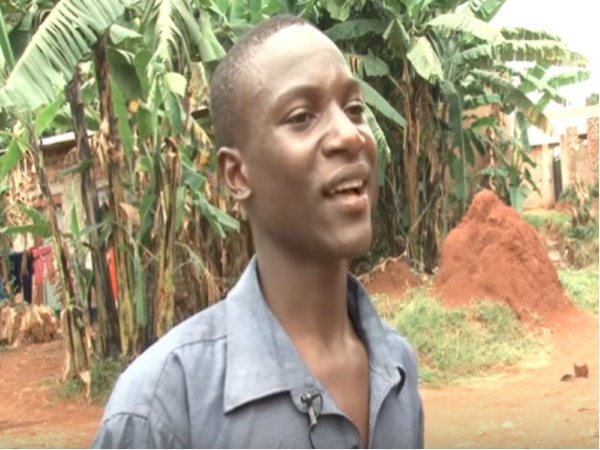For Dennis Isabirye scoring first grade in last year's Primary Leaving Examination opened up a mental hurdle as the family ponders the next step. Isabirye completed primary education on a bursary provided by Bridge International Academy at its Bugiri Campus. One of the pioneer candidates of the rural end school Isabirye scored 11 points. “…by the help of my teachers and pass PLE questions, it teaches well and we used to see Bridge in Kenya.”
The firstborn of six hopes to become an engineer, his excitement fades at the thought of not continuing his education. His mother Irene Nabanda is a subsistence farmer but with the changing seasons, her harvests are no longer yielding enough for food and school fees. “The long droughts have affected food production. We cannot sell any food to raise school fees. I do.” Nabanda only provided scholastic materials for Isabirye in primary school and she is not sure if a similar opportunity will present itself again. “I don’t have where I will get school fees for his secondary education.”
Isabirye’s fate is shared by Nabuteera Dada Jane one of the other 46 candidates who completed the level at Bridge International Academy. She scores aggregate nine. Although Nabuteera hopes to join Gayaza High School to further her dream of becoming a Minister, her path is littered with obstacles due to lack of school fees. "I thank my teachers for enabling me to score these marks and I also thank my parents who struggled with paying my school fees. I want to be a Health Minister because I care about people's lives."
For now, it is time for excitement at the Bridge school celebrating the success registered in the inauguration sitting. “True fact that they are underprivileged it doesn’t mean that they don’t have capabilities. They really have capabilities but sometimes they lack the resources to use so that they can also shine. But good enough Bridge has come to give them a platform also to exercise their ability and also to show what they can really do.” Said, Ibrahim Iguma – Academy Manager, Bugiri. The academy provides subsidized primary education for slum dwellers who are unable to provide quality education in private institutions. The challenge now is what happens after the poor students complete the primary level.

